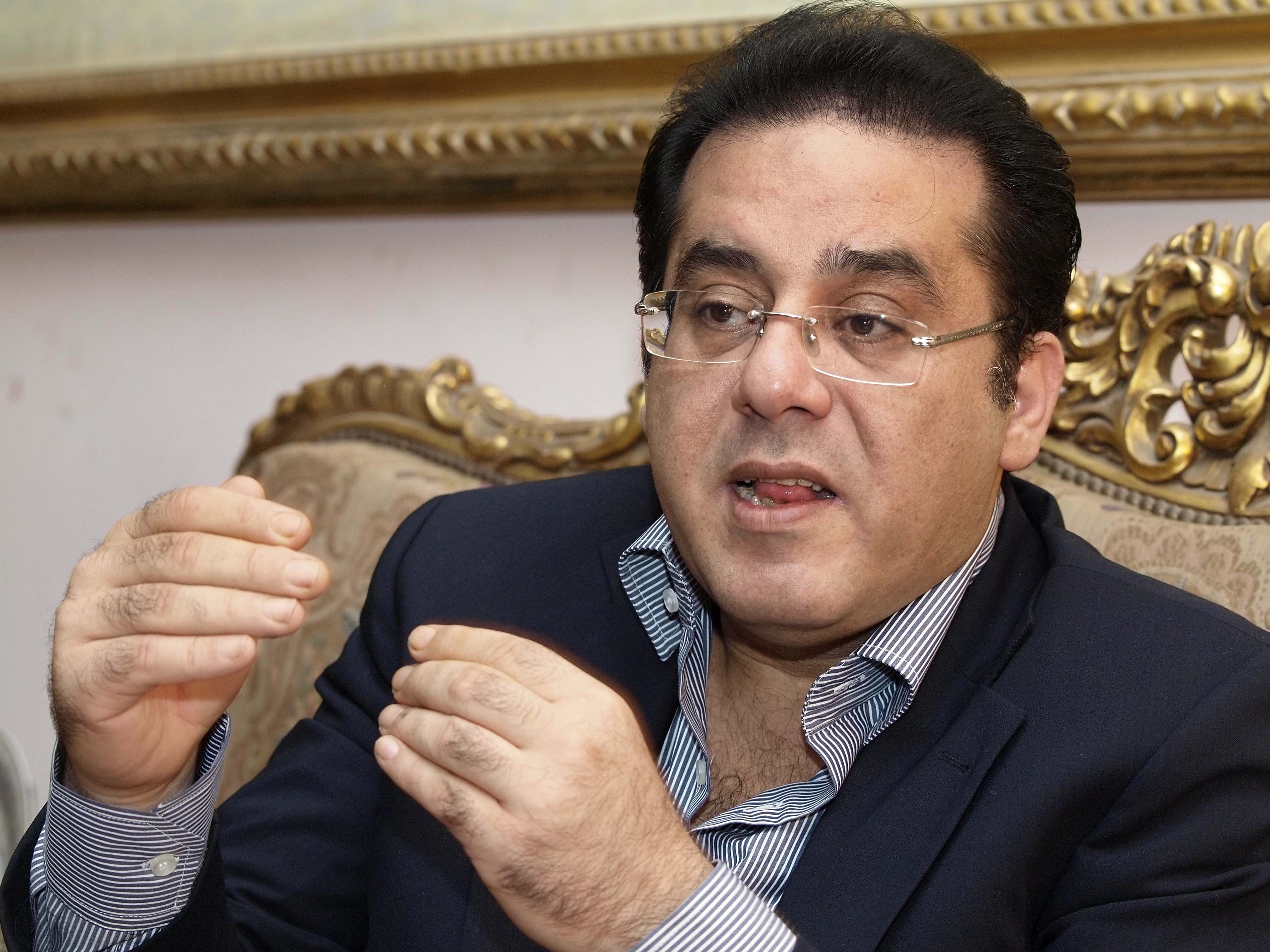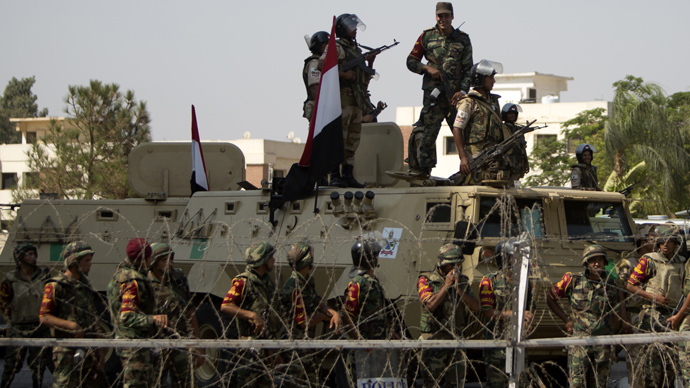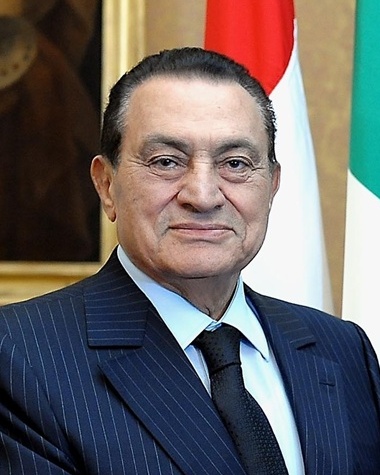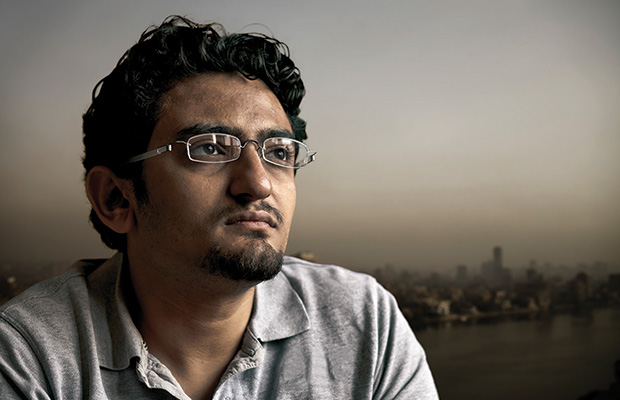- Northern Africa
- bordering Mediterranean Sea
- between Libya and the Gaza Strip, and the Red Sea
- north of Sudan
- includes the Asian Sinai Peninsula
Climate:
- Desert
- hot, dry summers
- moderate winters
Terrain:
- vast desert plateau interrupted by Nile valley and delta
Major geographical features:
- controls Sinai Peninsula
- only land bridge between Africa and remainder of Eastern Hemishere
- controls Suez Canal
- sea link between Indian Ocean and Mediterranean Sea
- dependence on upstream neighbors
Racial:
- Caucasian
- Black
- Middle Eastern
- It depends on who you ask. Most Americans believe that Egyptians are caucasian. Most Egyptians classify themselves as just Egyptian or African.
Ethnic:
- Egyptian: 99.6%
- Other: 0.4%
Class structure:
PICTURES:- No rigid social structure
- Wealthy upper class and lower class
Politics:
- Republic
- Cairo
- 27 Governorates
- Red Sea
- Alexandria
- Ismailia
- Giza
- Cairo
- Luxor
- New Valley
- Suez
- Port Said
- Damietta
- South Sinai
- North Sinai
- Constitution
- Latest approved by a constitutional committee in December 2013
- allows parliament to withdraw confidence from president and force early elections by 2/3 majority
- stipulates the president, not prime minister, appoints several powerful ministers
- foreign affairs, interior and justice
- sets limits to president's powers
- he can only serve 2 4 year terms
- before 6 years and re-elected unlimited number of times
- Approved by referendum held on Jan 14-15 2014
- 98.1% of Egyptians said yes
- 20 million participated in vote
- reached 38.6%
- many Egyptians boycotted the vote
- police arrested 400 people campaigning for a no vote
- Ratified by interim president on Jan 19 2014
- http://rt.com/op-edge/new-constitution-of-egypt-022/
- Legal System
- Mixed based on Napoleonic civil law and Islamic religious law
- judicial review by Supreme Constitutional Court and Council of State
- 3 Branches
- Executive
- Legislative
- Judicial
http://www.worldatlas.com/webimage/countrys/africa/egnewzz.gif (map)
http://www.lonelyplanet.com/maps/africa/egypt/map_of_egypt.jpg (map)
http://www.mapsofworld.com/egypt/maps/egypt-map.gif (map)
http://www.worldatlas.com/webimage/countrys/africa/egafrica.gif (map)
http://www.lonelyplanet.com/maps/africa/egypt/map_of_egypt.jpg (map)
http://www.mapsofworld.com/egypt/maps/egypt-map.gif (map)
http://www.worldatlas.com/webimage/countrys/africa/egafrica.gif (map)
http://www.freeworldmaps.net/africa/egypt/egypt-map-physical.jpg (map)
http://www.history-map.com/picture/001/pictures/Peninsula-Sinai-Egypt.jpg (Sinai Peninsula)
http://newsimg.bbc.co.uk/media/images/41916000/gif/_41916320_troop_move_map416.gif (Suez Canal)
http://www.odeion.org/atlantis/pyramids-of-giza.jpg (great pyramids of Giza)
http://the-top10.com/wp-content/uploads/2011/08/112.jpg (Sphinx with nose)
http://paradiseintheworld.com/wp-content/uploads/2012/06/Great-Sphinx-of-Giza-Egypt.jpg (Sphinx full body)
http://www.history-map.com/picture/001/pictures/Peninsula-Sinai-Egypt.jpg (Sinai Peninsula)
http://newsimg.bbc.co.uk/media/images/41916000/gif/_41916320_troop_move_map416.gif (Suez Canal)
http://www.odeion.org/atlantis/pyramids-of-giza.jpg (great pyramids of Giza)
http://the-top10.com/wp-content/uploads/2011/08/112.jpg (Sphinx with nose)
http://paradiseintheworld.com/wp-content/uploads/2012/06/Great-Sphinx-of-Giza-Egypt.jpg (Sphinx full body)




